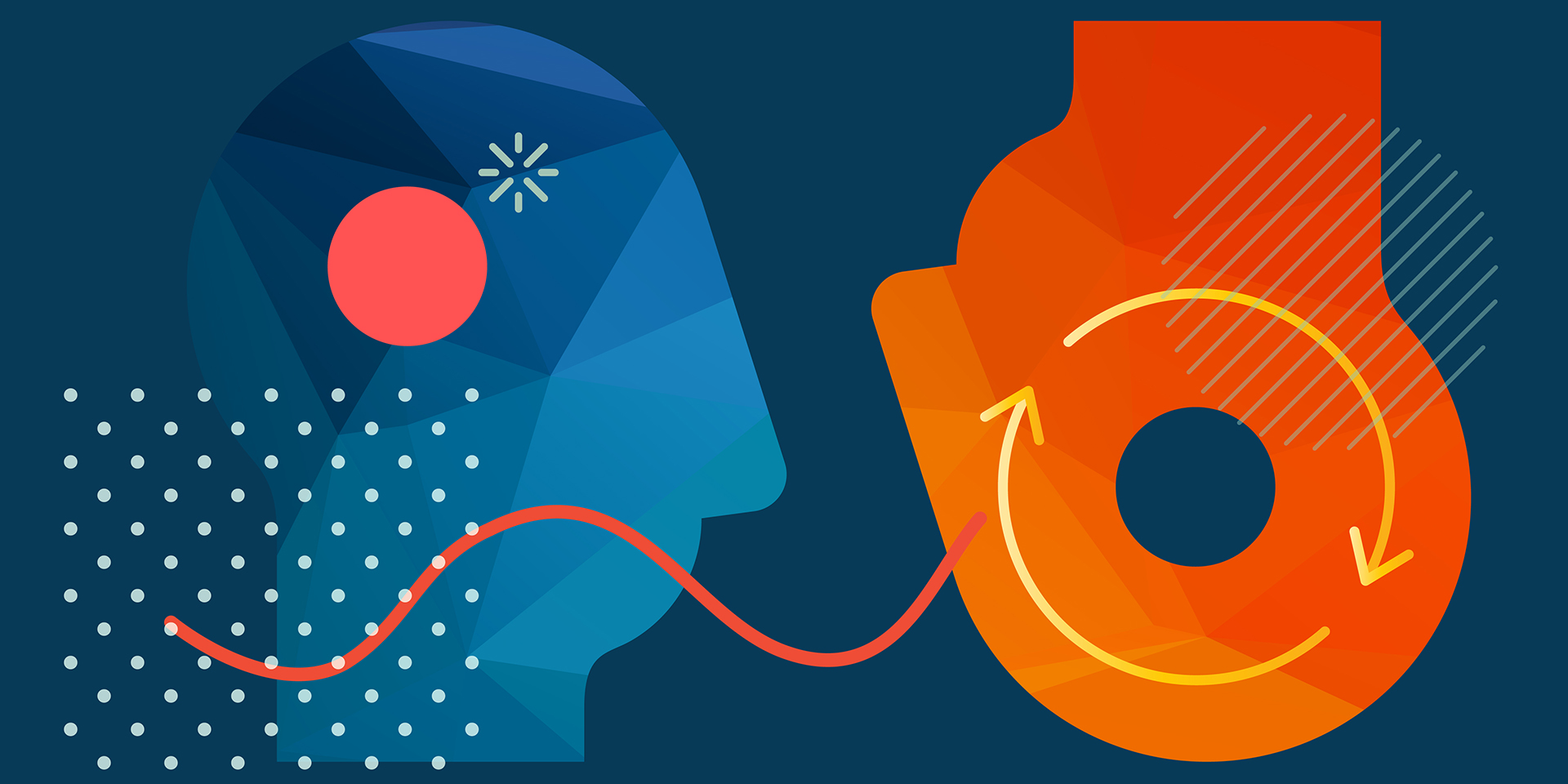In the fast-paced consulting world, technical know-how and strategic thinking often dominate discussions about success. However, one often-overlooked element that plays a crucial role in boosting productivity is emotional intelligence (EI). EI, or the ability to understand, manage and effectively use emotions—both your own and others’—is becoming increasingly vital for fostering teamwork, strengthening client relationships and navigating complex interpersonal dynamics.
Why Emotional Intelligence Matters in Consulting
Consultants operate in high-pressure environments with tight deadlines, demanding clients and the need for precision. In this context, emotional intelligence can significantly enhance harmony and productivity. Here’s why it matters:
- Improving Team Collaboration: Consulting projects typically bring together cross-functional teams with diverse skills and perspectives. High emotional intelligence among team members encourages open communication, mutual respect and empathy, making everyone feel valued. Leaders with strong EI can resolve conflicts, promote collaboration and unite the team toward shared objectives.
- Building Strong Client Relationships: A successful consulting engagement relies heavily on the client-consultant relationship. Clients expect not only effective solutions but also sensitivity to delicate issues. EI enables consultants to gauge client emotions, tailor communication styles and manage expectations effectively, fostering trust and rapport.
- Managing Stress and Adapting to Change: Consulting often involves navigating high-pressure situations. Emotional intelligence helps professionals manage stress, stay composed and adapt to evolving circumstances. This resilience ensures consistent performance, even under challenging conditions.
- Driving Leadership and Influence: Consultants often take on leadership roles, guiding both teams and clients. EI allows leaders to inspire others, offer constructive feedback and create a positive work environment. This boosts team morale, ultimately driving productivity.
Core Elements of Emotional Intelligence in Consulting
Daniel Goleman, a leader in the field of EI, outlined five key components that are particularly important in consulting:
- Self-Awareness: Consultants with self-awareness understand their strengths, weaknesses and emotional triggers, helping them make clear, confident decisions.
- Self-Regulation: Maintaining control over impulsive reactions is essential for professionalism and adaptability in consulting.
- Motivation: A drive for growth and excellence keeps consultants engaged and passionate, even when faced with obstacles.
- Empathy: Understanding others’ emotions and needs allows consultants to create solutions that resonate more deeply.
- Social Skills: Strong interpersonal skills are essential for networking, resolving conflicts and ensuring smooth collaboration.
How to Develop Emotional Intelligence in Consulting Teams
To leverage the benefits of EI, consulting firms can take several practical steps:
- Offer Training Programs: Regular workshops can help team members improve empathy, communication and emotional regulation.
- Promote Mentorship: Senior consultants can guide junior staff in handling emotional challenges effectively.
- Encourage Feedback: Implement 360-degree feedback to help individuals understand their emotional impact on others.
- Introduce Mindfulness Practices: Mindfulness techniques can reduce stress and enhance focus in high-pressure scenarios.
- Foster an Inclusive Culture: Promote a workplace where diversity, open communication and respect are prioritized.
The Ripple Effects of Emotional Intelligence on Productivity
When emotional intelligence becomes a core value in consulting teams, the results are far-reaching:
- Enhanced Efficiency: Teams with high EI communicate better, reducing misunderstandings and improving workflow.
- Greater Client Satisfaction: Empathetic and adaptable consultants deliver a more personalized and impactful client experience.
- Lower Burnout Rates: Emotionally intelligent teams manage stress better, leading to improved well-being and sustainable performance.
If you have any questions, or like to know more, click here to schedule a call with Kaeio

